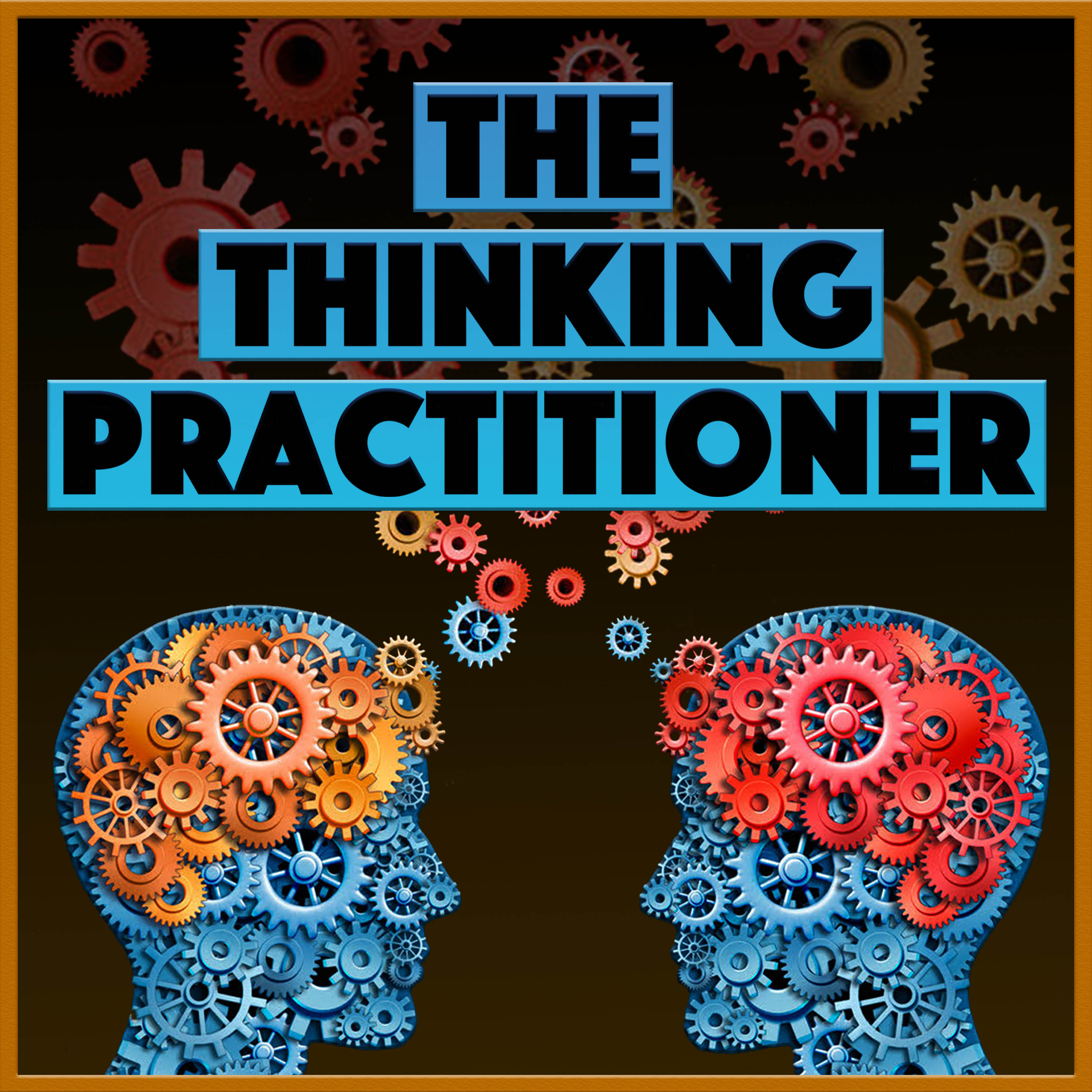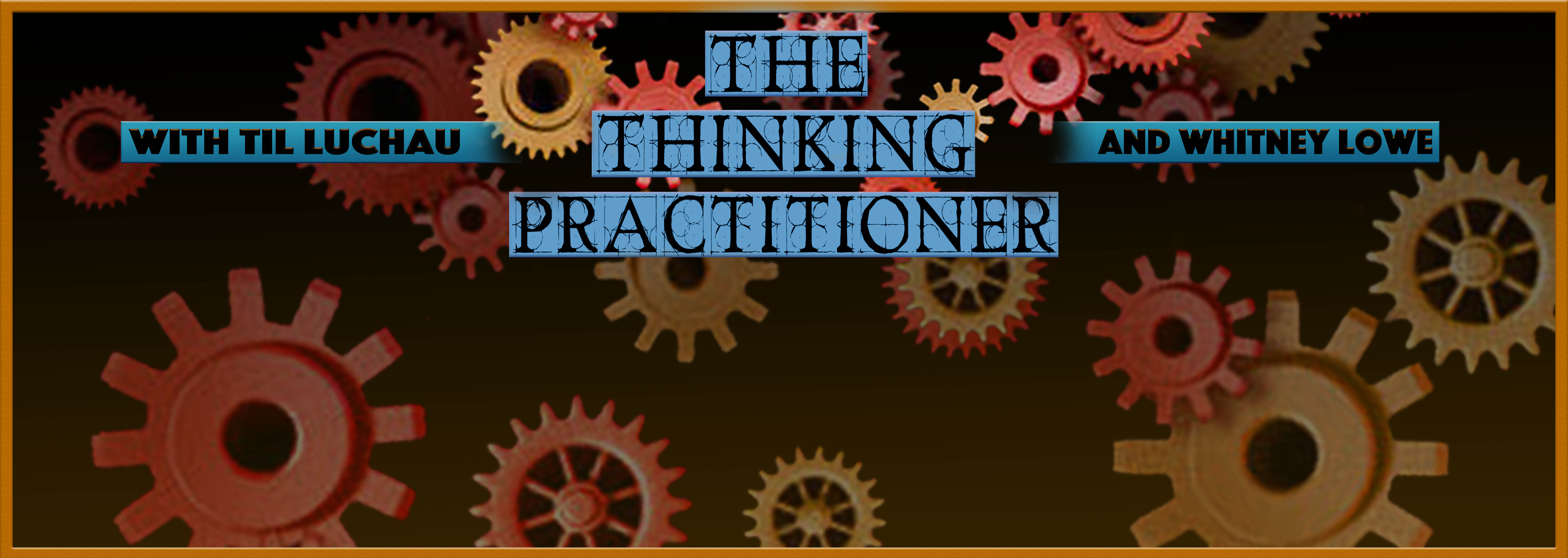
540.2K
Downloads
164
Episodes
Join two of the leading educators in manual therapy, bodywork, and massage therapy, as they delve into the most intriguing issues, questions, research, and client conditions that hands-on practitioners face. Stimulate your thinking with imaginative conversations, tips, and interviews related to the somatic arts and sciences.
Join two of the leading educators in manual therapy, bodywork, and massage therapy, as they delve into the most intriguing issues, questions, research, and client conditions that hands-on practitioners face. Stimulate your thinking with imaginative conversations, tips, and interviews related to the somatic arts and sciences.
Episodes

Wednesday Nov 12, 2025
157: What Happens When the Body Lets Go? (with Werner Klingler)
Wednesday Nov 12, 2025
Wednesday Nov 12, 2025
🎙 What Happens When the Body Lets Go? Werner Klingler on Anesthesia, Altered States & the Physiology of Relaxation
What actually happens when the body "lets go" — in anesthesia, trance, or the deep relaxation familiar to hands-on practitioners? Til Luchau talks with Professor Werner Klingler, anesthesiologist, physiologist, and fascia researcher at Ulm University (Germany), whose work bridges clinical anesthesia, neuroscience, and connective-tissue research.
Drawing on decades of operating room experience, Dr. Klingler explains how different parts of the brain disconnect and re-synchronize during altered states, why the "freeze reflex" comes first, and how fascia's responsiveness makes it a living sensory organ rather than inert tissue. Fair warning: Werner gets wonderfully detailed about physiology — but stick with it, because he drops some genuine gems about autonomic "push-ups," why tears cleanse neurotransmitters, and what happens when children wake from anesthesia with wide-open pupils.
In this episode, they discuss:
- The "octopus model" of consciousness — why "altered state" is too simple
- The three pillars of anesthesia: unconsciousness, analgesia, and muscle relaxation
- How breathing and CO₂ levels influence pH, drug effectiveness, and tissue tone
- Why warmth matters: how temperature shifts the load between muscle and connective tissue
- What "autonomic push-ups" teach us about resilience and cyclic training
- The freeze-then-flight reflex pattern and how it shows up under anesthesia
- How emotion and perception shift as anesthesia fades — and why some people wake up sad
- Whether sensation is required for bodywork to be effective (spoiler: tissue effects happen either way)
- Pre- and post-operative care: what bodyworkers can offer surgery patients
- Why fascia is alive — restructuring, remodeling, and central to our sensory and autonomic systems
- The FRECLS project: how practitioners can contribute to international fascia research
Whether you're curious about the neuroscience of deep relaxation, how anesthesia informs hands-on practice, or what happens when different "arms of the octopus" come back online, this conversation offers a rare clinical perspective on the states we work with every day.
✨ Resources
👉 Join the FRECLS project (Fascia Research Consensus and Liaison Statement): https://frecls.org/
👉 Fascia Research Society: https://fasciaresearchsociety.org/
👉 Video version: https://www.youtube.com/@AdvancedTrainings/podcasts
Sponsor Offers:
- Books of Discovery – Save 15% with code thinking at https://booksofdiscovery.com/
- ABMP – Save $24 on new membership at https://abmp.com/thinking
- Advanced-Trainings – Try one month free of the A-T Subscription at https://a-t.tv/subscriptions/ with code thinking
- Academy of Clinical Massage – Grab Whitney's free Assessment Cheat Sheet at https://academyofclinicalmassage.com/cheatsheet
✨ Connect with us:
Til Luchau – https://advanced-trainings.com | Facebook | Instagram
Whitney Lowe – https://academyofclinicalmassage.com | Facebook | Twitter
📧 Email us: info@thethinkingpractitioner.com
The Thinking Practitioner Podcast is intended for professional practitioners of manual and movement therapies — bodywork, massage therapy, structural integration, physical therapy, osteopathy, and similar professions. It is not medical or treatment advice.

No comments yet. Be the first to say something!